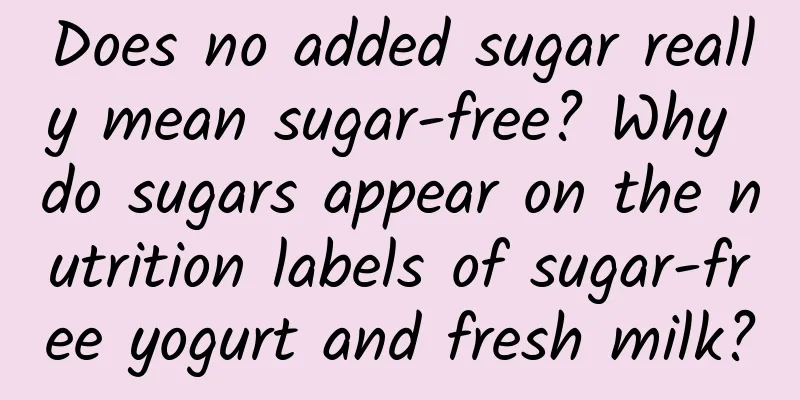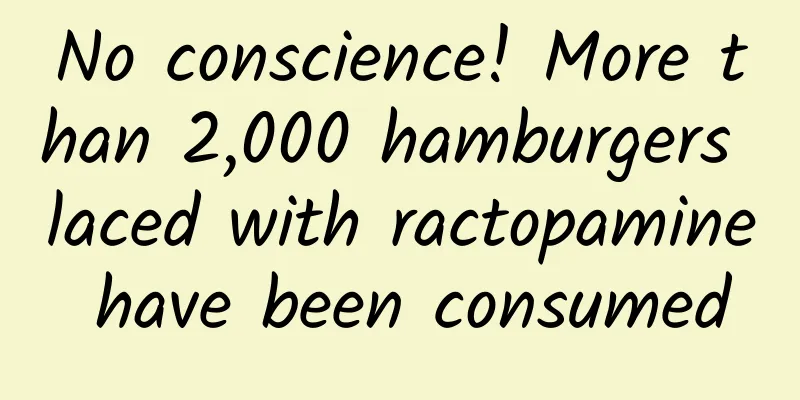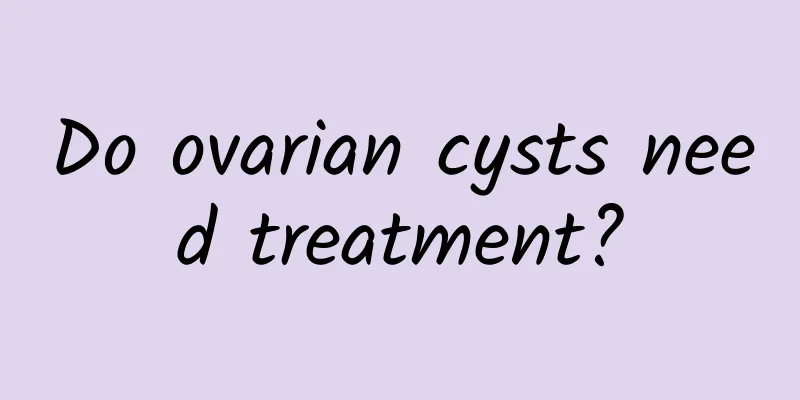Does no added sugar really mean sugar-free? Why do sugars appear on the nutrition labels of sugar-free yogurt and fresh milk?

|
Sugar is the public enemy of health. It is the main source of calories in many foods and the primary enemy in everyone's pursuit of weight loss. Therefore, sugar-free or sugar-free products have appeared on the market. Do sugar-free or sugar-free products really contain no sugar? But why is there sugar on the nutrition label in yogurt that is labeled as fresh milk or unsweetened? Let the nutritionist from Good Food Class help you solve your doubts! First of all, we need to define what "sugar" is? In the definition of the World Health Organization (WHO) (link), sugar refers to free sugar, which includes fruit juice, honey, etc. in addition to fructose and sucrose. For the sake of health, WHO recommends that daily free sugars should be less than 10% of total calories, or even less than 5%. In the regulations of the U.S. FDA (link) and Taiwan TFDA (link), the sugars listed in food nutrition labels are different from the WHO's free sugar regulations. Instead, they refer to the sum of "monosaccharides" and "disaccharides" in food. ➤Monosaccharides: glucose, galactose and fructose (not commercially available fructose syrup) ➤ Disaccharides: maltose, sucrose and lactose. Now it’s interesting! ! The sugar in food may be added during processing, or it may be contained in the original ingredients. If the added ingredients also contain sugar, can the food industry still claim that the food is sugar-free? No added sugar does not mean sugar-free, remember to read the nutrition label In the past, foods could be claimed to be sugar-free, but this bug was later corrected. As long as the sum of the detected "monosaccharides" + "disaccharides" is higher than the labeling requirements, it cannot be claimed to be "sugar-free". According to current regulations, the definition of what can be labeled as "sugar-free" is very strict. Sugar-free: The food contains no more than 0.5 grams of sugar per 100 grams of solid (semi-solid) or per 100 milliliters of liquid However, if there is no additional sugar added, there is no prohibition on claiming "no sugar added"! However, dairy products such as fresh milk and yogurt are in a special situation (see the picture below)! These dairy products contain lactose. Regulations stipulate that the "sugar" indicated in nutrition labels is the sum of "monosaccharides" and "disaccharides", which means that the sugar content of dairy products is not zero. Even without added sugar, current regulations will make the nutrition labels of dairy products appear to contain a lot of sugar. Don’t get me wrong, unsweetened yogurt actually means that no sugar is added to it, not that it is sugar-free. Because yogurt is made from fermented milk, if the lactose in the milk is not completely consumed during the fermentation process, the value will be detected later. This is also the possible reason why there is no added sugar, but sugar is still detected in the nutrition label. But for healthy people or children, the lactose naturally present in dairy products is unlikely to cause a burden on blood sugar, blood lipids or body weight, so when we buy unsweetened dairy products, don’t be scared by the nutrition labels! This article comes from Good Food Class ※For more information, please see "Good Food Class" |
<<: Make light summer lunches! 5 Steps to Serve Shrimp and Vegetable Pasta
Recommend
Will pelvic effusion and mass be painful?
Pelvic effusion and mass may cause pain, but the ...
Tell you what are the main manifestations of adnexitis
Adnexitis is common in life, but most people don&...
Experts analyze what causes long-term dysmenorrhea?
Dysmenorrhea is a common disease in women during ...
What are the causes of congenital absence of vagina?
I believe that everyone is not particularly famil...
What are the causes and symptoms of female vulvar leukoplakia?
Usually, the cause of vulvar leukoplakia is mainl...
There are basically differences between acute and chronic cervicitis
Cervicitis is basically divided into acute and ch...
What is the quick way to treat vulvar leukoplakia? Combining medication with physical therapy is more effective for vulvar leukoplakia
Vulvar leukoplakia is medically known as vulvar w...
Pelvic inflammatory disease can cause different types of pain in acute and chronic cases
Pelvic inflammatory disease can cause different t...
How do you know if pelvic effusion is serious?
Whether the pelvic effusion is serious needs to b...
Why does brown blood flow after abortion? 3 reasons for brown blood flow
Brown bleeding often occurs after an abortion, wh...
Anti-cancer New Year’s Eve dinner! Nutritionists strongly recommend Lucky Mushroom
Many people are busy at work and always eat out f...
Can cervical warts be eradicated?
Every fight against disease is a huge test in our...
You also need to eat dinner to lose weight~Drink onion mushroom soup to lose weight
Eat dinner to lose weight! Don’t think you will l...
Dysmenorrhea is not something you can just endure
Dysmenorrhea is a common gynecological disease, w...
Berberine accelerates fat burning and is expected to become a new weight loss drug
The Financial Times recently reported that nearly...









